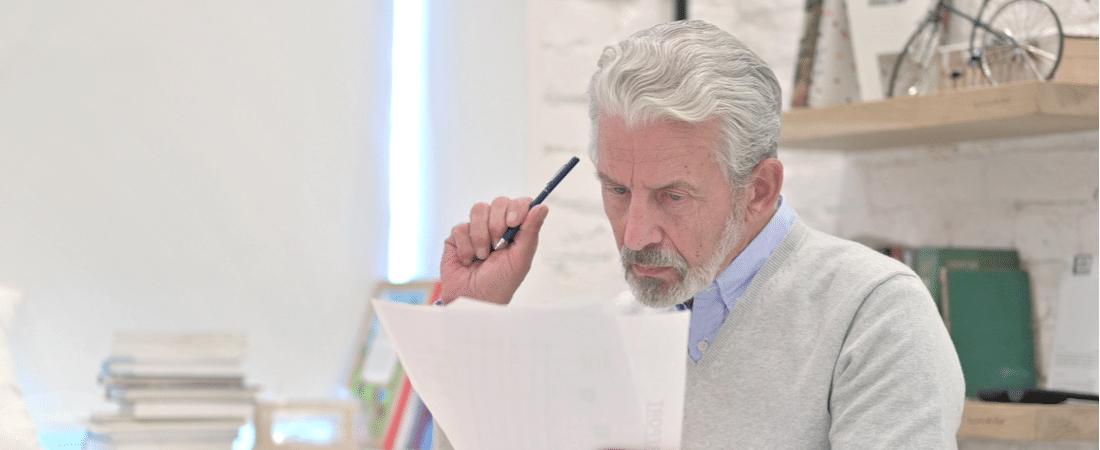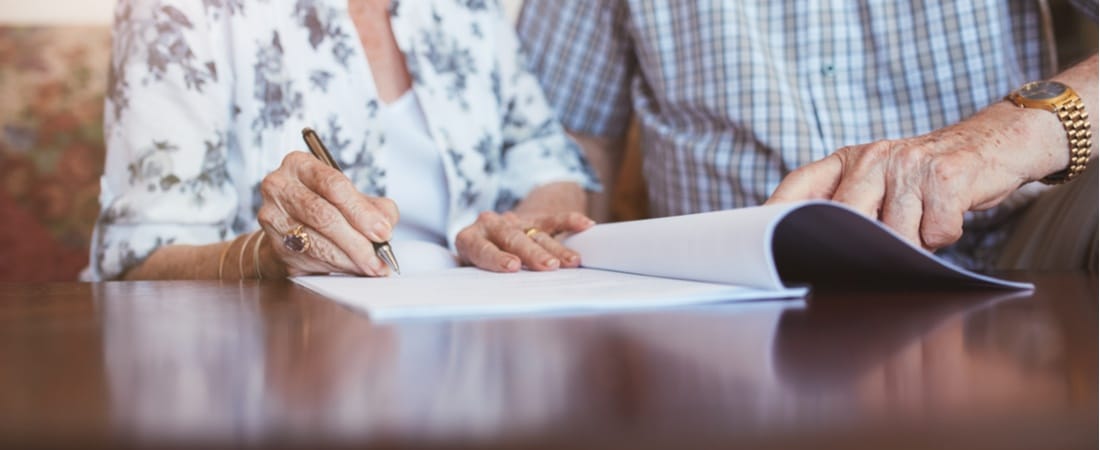Estate planning includes all the planning that’s involved for setting up a will, a trust and making sure that your assets go to the people or organizations that you want to have them. Estate planning is complex — you should consider taxes when making plans for your assets to go to your heirs. If you don’t do estate planning you risk having your belongings managed by the state where you live, and your state’s laws may not match exactly what you want. Estate planning is especially important in blended families.
Revocable vs Irrevocable Trust: Which is Better
Revocable vs irrevocable trust: which is better. The difference between revocable and irrevocable trusts and the purpose each serves in estate planning. Q: I am divorced and have two grown daughters. I am placing my house in a trust. My attorney is recommending an irrevocable trust. Which do you prefer, revocable or irrevocable and why? [...]
What Happens When You Sell a Property in a Trust?
What happens when you sell a property in a trust? This reader wants to know about the $250,000 gain exclusion and other tax implications. Q: My wife passed away this past year and our home is titled in her trust with me as trustee and my children as beneficiaries upon my passing. Is my cost [...]
How to Avoid Paying Capital Gains Tax on Inherited Property
How to avoid paying capital gains tax on inherited property. Minimize the potential tax consequences of transferring property from parent to child. Q: I have a question about a recent answer you gave to a reader. The question relates to a daughter that acquired her share of the home from her mom while her mom [...]
How to Leave Property to a Child
How to leave property to a child. This reader wants her daughter to inherit her home, but doesn’t want her to have to go through probate. Q: I am a 77-year old widowed woman. I have a house with a mortgage that I purchased a little over a year ago. At the closing, I asked [...]
What Happens to a House When Someone Dies?
What happens to a house when someone dies? It depends on a number of factors like if there was money still owed on the home or a will naming an heir. Q: My husband and I refinanced my grandparents’ house because they had a reverse mortgage. My grandma had passed away and my grandpa was [...]
Do You Need to Renovate an Old Inherited Home Before Selling?
Do you need to renovate an old inherited home before selling? The first step to deciding involves speaking with a local real estate broker to lay down the numbers. Q: Our sister recently passed away leaving the family home that mom left her six years ago. She had no will and left outstanding debts as [...]
Is an Inspection Required When a Home is Gifted to You by a Relative?
Is an inspection required when a home is gifted to you by a relative? This reader wants to know if she should get an inspection on the home that was gifted to her by a relative. Here’s what I suggest. Q: If a home is gifted to an adult child, does it need to be [...]
Property Transfer After Probate
When someone dies without a will the estate of that person goes through probate according to state law. How can family members enable a home sale when the legal status of a relationship is unclear? Hiring an estate attorney can help sort out such a property transfer after probate.
Attorney Can Help With Title Problems
A property deed may list several people as co-owners. What can you do if some of your co-owners want you to leave the property after someone passes away? This involves not only real estate title issues but also estate planning concerns. Contact a real estate attorney for help.
Life Estate Deed Contradicts Will
A mother's will outlined that her personal property would be divided equally between her two sons. One son later says he has a life estate deed that says he is the sole heir to the property. Finding out if the life estate deed is valid will determine if it trumps what was outlined in the mother's will?







